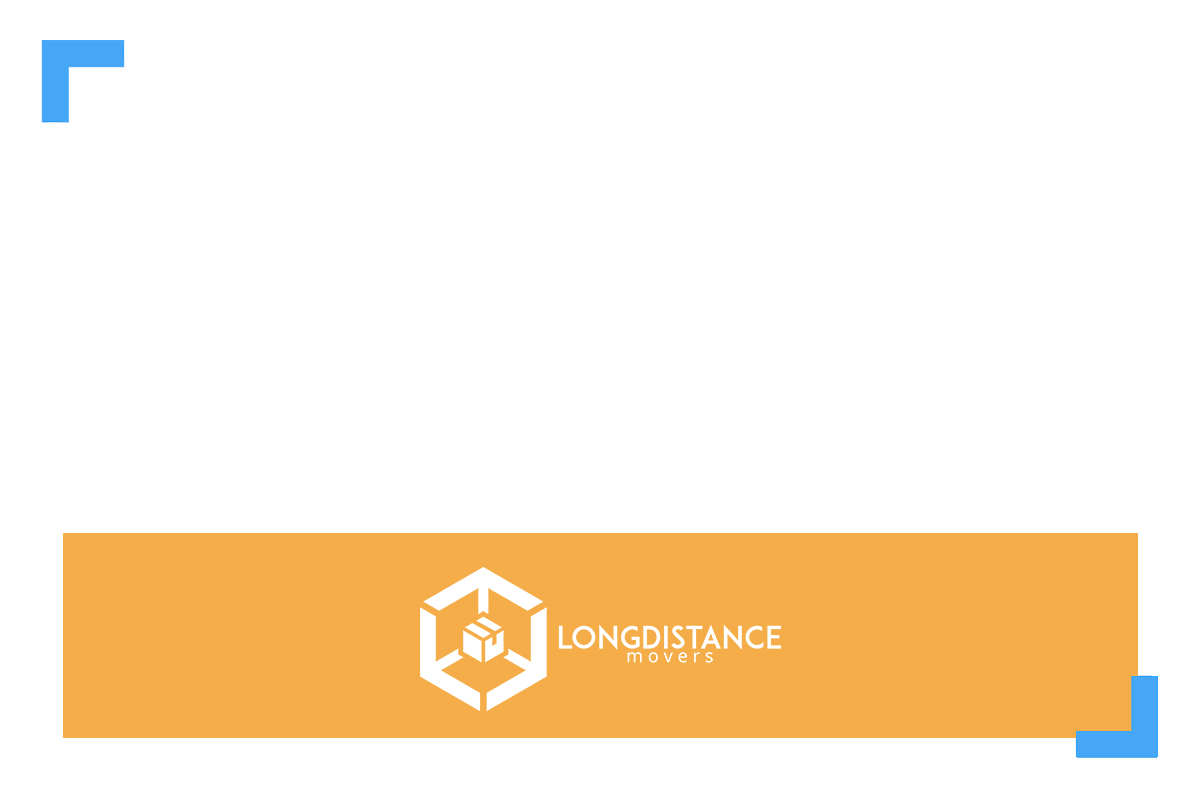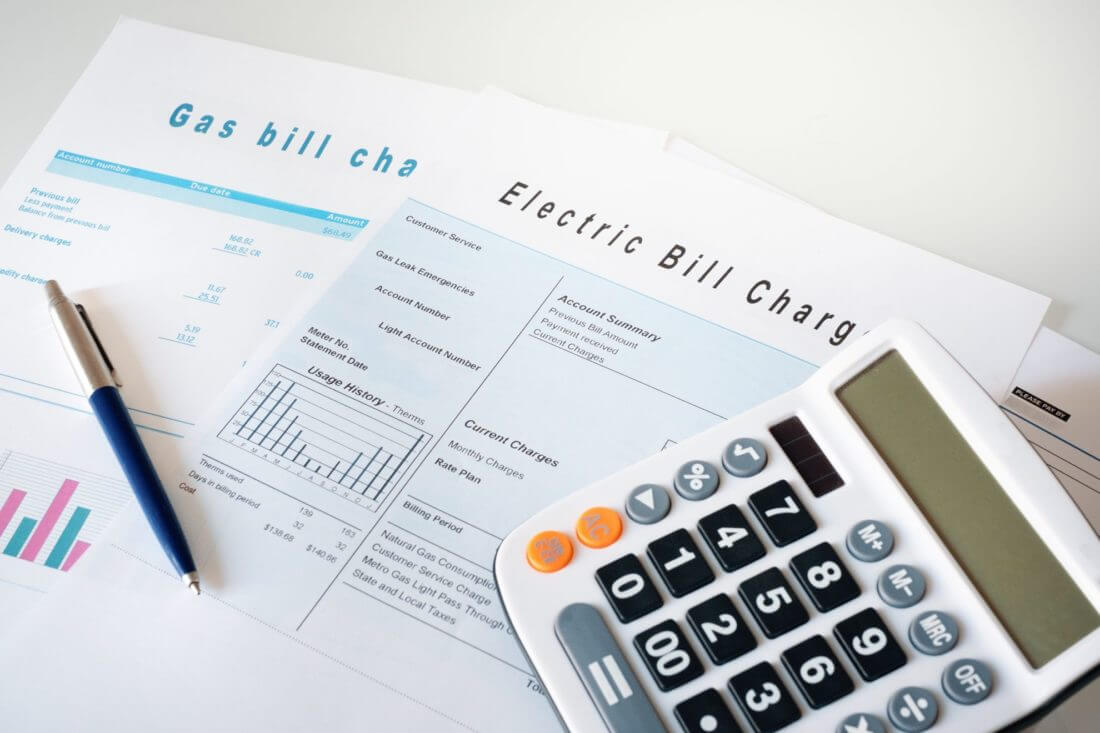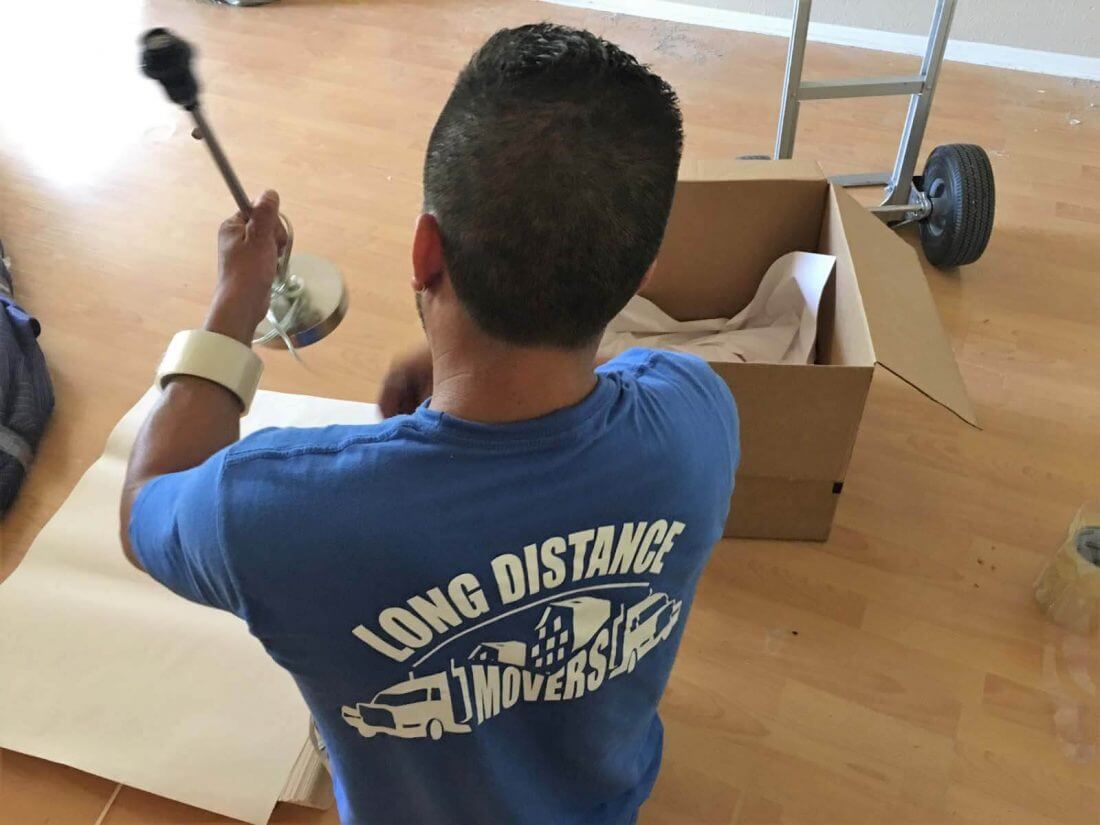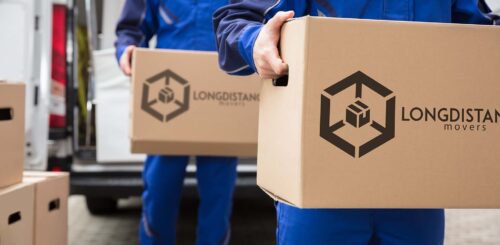You’re planning on moving to a home in a new state. You have pretty much everything figured out, but the question “How much money should I save to move out of state” keeps popping up in your mind. If that is the case, we have some answers for you.


How Much Money Should I Save to Move Out of State – the Most Important Factors
The first thing you should know is that there is no universal answer to this question. There are many factors that affect the funds you will need in order to be able to move to a new state. For example, is the state you are moving to generally expensive to live in? How long is the distance of the relocation? What will be your relocation expenses? To help you calculate the amount you should save, we’ve prepared a list of certain things you should remember to take into consideration.


Moving Expenses or Rent-a-Truck
The first thing you should consider is the relocation itself. How much is moving going to cost you? This depends on the distance between the pickup and delivery location, the overall volume of your belongings, and so on. If you are planning on hiring a moving company, the best way to determine how much moving is going to cost is by requesting a moving price estimate. On the other hand, if you’d rather do it yourself, ask your chosen rental company how much they would charge for a truck for the transportation of your belongings.
Housing Costs
Another important thing to take into consideration are housing costs and expenses. How much is it going to cost you to rent a place in your new city? How much will your monthly bills be? You should put aside enough to be able to cover the first couple of months after you move, especially if you don’t have a job waiting for you across the state border.
Overall Costs of Living
Aside from the cost of accommodation, you should also think about the average prices for groceries and amenities. Is the state you are moving to generally more expensive than your home? If so, make sure you have stacked up enough funds.


Find a Good Job
The best way to make sure you’re able to afford your interstate relocation is by finding a good job ahead of time. Start looking at ads online as soon as you decide to move and don’t turn any interviews down. If you can start working as soon as you settle down in your new home, you will be able to make enough to afford rent and other expenses without digging too deep into your savings.
Reduce Your Interstate Move Costs
Do all these expenses seem to be adding up too quickly? No need to worry. Luckily, there are some things you can do to cut down on the amount you’ll need to spend on your interstate move. Here are some suggestions and changes you should make.
Cut the Rent by Living with Roommates
One of the best ways to reduce your rent and general living expenses is by sharing your home with other people. If you are open to the idea of having roommates or flatmates, we definitely suggest doing so, at least for the first period until you get back on your feet financially. Of course, don’t move in with roommates if you’re not ready to make the sacrifices and compromises such a lifestyle requires.


Save on Utilities by Getting a Smaller Place
Just because you can afford a larger home, doesn’t mean you should necessarily get it, especially if you’re planning on living alone. We often tend to disregard the fact that higher utility bills for a larger home add up over time and end up costing way more than what we’re comfortable with.
Don’t Move Things You Don’t Need
There are ways you can reduce the costs of the moving process itself. By this, we mainly mean that you shouldn’t take with you the things that you don’t really use, need, or want. In doing so, you will decrease the volume of your shipment, and consequently lower the price of the relocation. On top of that, you could organize a garage sale to get rid of those items and make some additional cash on the side.


Reuse Packing Supplies
Another way to spend less money on the moving process is by reusing old packing supplies. In other words, instead of buying brand new cardboard boxes, ask your local grocery store for some old ones you don’t need. Instead of getting roles of bubble wrap, simply use old rags, while newspapers can replace packing paper.
Reducing Moving Costs with Professional Movers
This might not seem as intuitive as the other tips we listed, but hiring professional movers will actually cost less than performing the relocation yourself. Without experts by your side, it is almost guaranteed that something will get lost or broken in the process. On the other hand, a relocation company will provide you with an insurance plan for your belongings. On top of that, if you let professionals tackle this difficult task, you will have more time and energy to focus on other things, such as finding a new job across the state border.


Hiring Long Distance Movers Won’t Be as Expensive As You Might Think
When all is said and done you will be able to relocate and avoid dipping into your savings. Hiring long distance moving company to assist you during the process won’t be as expensive as it seems. All you have to do is declutter before hiring long-distance moving services, which will effectively lower your relocation costs. Also, movers will provide you with packing services so you won’t have to buy materials on your own. They can even ship your car which will help you save up on gas and other expenses.






